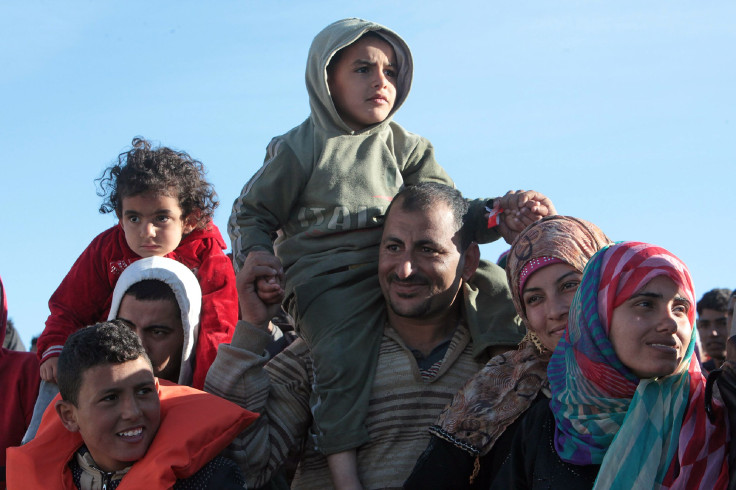European Refugee Crisis: Child Detention ‘Worrying,’ UN Human Rights Chief Says

Children arriving to Europe and seeking asylum status have frequently been subjected to detention in prison cells, and the United Nations human rights chief said Monday that the rise of such practices is “worrying.”
There have been more than 1 million refugees who have arrived in Europe through Greece after fleeing the civil war in Syria over the past year. Of the 150,000 asylum-seekers who have arrived in 2016 alone, 38 percent have been children, according to U.N. refugee agency data. In some places, like Italy, mandatory detention facilities have been set up, according to Reuters.
Zeid Ra-ad Al Hussein, the human rights chief, said during a speech to the U.N. Human Rights Council in Geneva: “Even unaccompanied children are frequently placed in prison cells or centers ringed with barbed wire. Detention is never in the best interests of the child — which must take primacy over immigration objectives.”
“Alternatives to the detention of children must be developed,” he said.
In his speech, Zeid called for “well-functioning migration governance systems” that could fairly assess individual requests for international protections and minimize stress and panic.
The continuing civil war in Syria — which involves several international actors, including the Syrian government, rebel forces and the Islamic State group — has resulted in Syria being the top source of asylum-seekers arriving in Europe. Syria is followed by Afghanistan and then Iraq in terms of the sheer number of people arriving in 2015. More than 350,000 refugees arrived from Syria last year.
While Greece, which is one of the closest countries for refugees traveling across the Mediterranean Sea, is a common entry point, it isn’t close to being the top destination point. Germany leads the way in Europe in terms of the number of asylum requests it is processing. The country was expecting as many as 800,000 asylum requests last year and has said it can accept as many as 500,000 refugees each year for seven years.
© Copyright IBTimes 2024. All rights reserved.






















